|
The future in X-Men: Days of Future Past is more desolate than ever. Mutants are being hunted to extinction, with the few remaining survivors living together as refugees as they try to escape their all-too-certain fate of captivity or death. They are hunted by Sentinels, versatile and powerful machines programmed to locate and imprison any and all mutants, as well as any humans that attempt to help them. The entire world has been transformed into an apocalyptic dystopia at the mercy of these machines. In order to prevent their inevitable demise, the mutants devise a plan that will rewrite the course of history by telepathically sending the consciousness of one of their own back in time in order to stop the Sentinels from ever rising to power. Doing so means averting the assassination of their designer, Dr. Bolivar Trask, and accomplishing this will require the disbanded X-Men crew to put aside their differences and reunite for a common goal; to save the fate of mutants. X-Men: Days of Future Past is personally only the second X-Men film that I have seen, and I believe that’s to my disadvantage when watching it. That’s not to say the film isn’t accessible to people that are unfamiliar with X-Men, but you will certainly get the most out of it if you’ve seen the other films, or at least are somewhat knowledgeable about the super mutant group. Fortunately for me, even though I haven’t seen the original X-Men trilogy, nor the Wolverine spin-off films, I saw plenty of the popular X-Men cartoon of the ‘90s when growing up, and probably read more than a handful of the comics. Therefore I felt right at home with the story, even when it quickly thrusts the audience right into the thick of the action. I can imagine newcomers might at times feel a little overwhelmed, especially with such a wide array of unique characters, and so much going on. Although I do believe that the film manages to very effectively balance the action and characters, and create an immensely entertaining and engaging experience regardless of your history with X-Men. I think it speaks of the true power and quality of the film when I say that after watching X-Men: Days of Future Past, I am now eager to watch all of the other entries in the movie series. Not only to help myself better understand the numerous references to past films, but because the film is so good and so expertly made that I don’t want to miss anything else. Make no mistake, Days of Future Past is not only one of the best superhero movies ever made, it’s also the perfect homage to the X-Men. The film merges the two timelines seamlessly, combining the legendary cast of the original trilogy with the equally impressive cast of X-Men: First Class. It ties everything together so well and concludes in such an extraordinary manner that I would feel perfectly content if they ended the X-Men series entirely with Days of Future Past. While I don’t expect the already announced X-Men: Apocalypse (2016) to be able to top this one, I will admit that I am still more than excited to see what they have in store for the future. Days of Future Past has an incredible, star-studded cast. It brings back the beloved X-Men stars of old, highlighted by Hugh Jackman as Wolverine, as well as with Patrick Stewart and Ian McKellan reprising their roles as Professor X and Magneto. In addition, it includes the cast of X-Men: First Class, with James McAvoy and Michael Fassbender playing younger versions of Professor X and Magneto, while Jennifer Lawrence returns as Mystique. The more substantial newcomers include Game of Thrones star Peter Dinklage as Trask, the creator of the Sentinels, and Evan Peters, playing a teenage Quicksilver. Despite the film having a large number of characters, it doesn’t feel like any of them get the short end of the stick. While some of them may not get much screen-time, Days of Future Past still gives you a solid display of what each of the mutants are capable of. It’s a truly wonderful thing to be able to witness the new era of X-Men actors in the same film as their older counterparts, and it makes it all the more apparent just how remarkably well-cast McAvoy and Fassbender are for their roles. These two young stars in particular have especially large shoes to fill, but they each do an exceptional job. The way in which the film combines the young actors with the old makes it feel as though it’s honoring a proper passing of the torch from one generation to the next. This action-packed film features some great acting performances, and even though there are a lot of characters, I don’t believe there is a single weak performance among them. The real star of the show is James McAvoy as young Charles Xavier, otherwise known as Professor X. McAvoy nails the inner-conflict of his character in what is surely the most demanding role of the movie. He portrays a convincing struggle of a great man who has lost his way and fallen into despair and desolation. He is a man torn apart by the tension between his feelings of compassion and his guilt-ridden capitulation. Fassbender, on the contrary, is unnerving and yet engrossing as the magnificent Magneto. I personally loved the way in which his character continuously throws a wrench into everyone’s plans by opting to take an alternative and selfish approach. I found him to be notably riveting during a tense scene that takes place on an airplane, where Fassbender really demonstrates his talent. Then of course, there’s everybody’s favorite mutant, Wolverine. Hugh Jackman’s Wolverine is wonderfully enthralling, insanely ripped, and appropriately arrogant. Jackman has turned Wolverine into a career-defining role. There is no doubt about it, he is Wolverine, and no one will ever do it better. Meanwhile, everybody’s favorite actress, Jennifer Lawrence, adds an emotional and memorable performance as Mystique. Lastly, newcomer Evan Peters is a real-stand out as Quicksilver, in a performance that surely will become an instant fan favorite. His big scene alone makes me wish I had seen the movie in 3D, and in fact, the movie is so good that I just might do that. The stellar cast of X-Men: Days of Future Past hit all the right notes, making the characters memorable, and personable. The action in Days of Future Past is simply phenomenal. This is what most superhero movies should strive to emulate. What I admire most about the action of this film is that it’s smart. It’s well-thought-out and well-executed. It never feels derivative, nor uninspired. Everything has its purpose and has a tangible weight to it. Rather than cluttering the film with unnecessary action pieces, it instead focuses on making its important action sequences really memorable and really good. It also handles its use of violence extremely well, making it powerful and satisfying, without making it feel sugarcoated because of its PG-13 rating. The movie’s score is suitably powerful, helping to escalate the action and establish a tense, grandiose ambiance. The special effects seen here are outstanding. This is a big upgrade over First Class, not only in visual quality, but certainly also in scale. It reaches an epic level and yet it never hinders in quality or takes any shortcuts. It shows you what you want to see, and does it better than you’d ever expect. The result is a movie that’s as visually remarkable as it is entertaining. The true enemies of Days of Future Past, the Sentinels, look awesome. I don’t know how they looked in the older movies, if they’re even present at all, but I never liked their appearance in the comic books. I’m glad they’ve been completely reimagined from their original design, and I love how the movie demonstrates their ability to adapt to make them more efficient mutant-killing machines. The character Beast also looks better than ever, unlike in First Class where his appearance was embarrassingly bad, and borderline laughable. In X-Men: Days of Future Past, everything looks stellar. You won’t want to look away as you’re sitting on the edge of your seat in sheer delight. The majority of the film is set in the 1970s, taking place after the events of X-Men: First Class, as the Vietnam War is coming to an end. Considering that the film deals with themes of discrimination, it’s fitting that this setting coincides with the Civil Rights movement, even though it’s not explicitly referenced. This was a time in American history when the country was divided, and it offers a strong parallel to the grim, segregated world depicted in the film’s present-day wasteland. The story of Days of Future Past is rather dark, dealing with an apocalyptic future fueled by fear, jealousy and hatred. Although, it still has its fair share of laughs, thanks to the always charming Wolverine and the lightning fast Quicksilver. The movie does an admirable job in recreating the ‘70s, and additionally with juggling the different time periods, while maintaining a steady, coherent pace. However, as much as I enjoyed the ending, I must say that using time travel as a method to clean up a series’ loose ends seems a little cheap, but it’s entirely forgivable given just how beautifully it all comes together. X-Men: Days of Future Past is ultimately a miraculous, thrilling, and rewarding experience that you’ll want to see again and again. X-Men: Days of Future Past embodies everything I love about movies. It has great action, unforgettable characters, an engaging story, top-notch special effects, and a nice healthy dose of comedy, while never feeling unoriginal or insignificant. I really believe this movie is every X-Men fan's dream come true. To be honest, I have never considered myself much of an X-Men fan. Now that I’ve seen Days of Future Past, I’m an X-Men fan for life.
Comments
This year marks the 60th anniversary of the original Godzilla film, when the King of the Monsters first emerged from the Pacific and terrorized Tokyo, Japan. Roughly 10 years after America dropped two atomic bombs on Japan to end World War II, Godzilla was artistically created to be a physical, living representation of the destructive force of those bombs. Even the texture of his skin is modeled after keloid scars, which were found on survivors as a result of the radiation. Godzilla’s arrival and subsequent attacks were spurred by the use of nuclear weapons, and he as a character wholly embodies the consequences of nuclear war. Godzilla remains a global icon today, having spawned dozens of movie sequels while introducing several other enormous monsters to battle with. Then 16 years ago, he was reimagined as he first came to America in Roland Emmerich’s lackluster 1998 Godzilla film, leaving many fans severely disappointed with not only the movie, but also the new rendition of the famous monster. While Godzilla is visually depicted much more accurately in Gareth Edward’s new 2014 Godzilla than he was in ’98, his entire presence is surprisingly different than usual. This isn’t the angry, vengeful Godzilla of the past. He actually now seems almost entirely indifferent to humans. Unfortunately, as promising as this new Godzilla movie may appear to be, it falls far short of expectations, and dare I say, it isn’t even much better than the 1998 Godzilla. Godzilla starts off pretty well, strengthened by the performance of Bryan Cranston, who plays Joe Brody, a nuclear power plant engineer living in Japan. Brody is present when an unknown disaster occurs at the plant, costing many innocent lives. Despite what the trailers suggest, Cranston’s Brody is not the main character of the film. Nor is it fellow all-star actor Ken Watanabe. The main character is actually only seen for about 4 seconds of the film’s original 2 and a half minute trailer. It’s Joe Brody’s son, Ford, played by Aaron Taylor-Johnson, in a performance that is decent but far from engaging. The protagonist Ford Brody is a character that is largely uninteresting, and who just casually wants to get back to his family after the monster invasion. He fails to convey any genuine sense of urgency amidst the chaos, although the same can be said for the entire cast, with the exception of Cranston’s Brody. Cranston’s performance is the only one that has any emotional weight to it, but he can’t carry the film alone. Meanwhile, Ken Watanabe is essentially reduced to being the quiet, ever-present voice of reason that no one wants to listen to. The film has a solid cast of actors, but they’re not given enough to work with in this convoluted mess of a movie. For a movie that has so much death and destruction, the people in the film never seem all that concerned. You get no sense of global panic and hysteria. You have a 300-foot-tall monster destroying cities, with millions of people dying, and yet nobody seems all that freaked out by it. It’s almost like the situation isn’t treated as a serious threat, and there’s a major lack of suspense altogether. There’s rarely any edge-of-your-seat terror or excitement, and the lack of emotion just makes the action come off as sort of flat and dull. Not only that, the majority of the destruction that’s taking place isn’t even seen, with the movie instead opting to show you the aftermath. Throughout the first two-thirds of the movie, the camera continuously cuts away from the action you’ve been waiting for. Rather than showing you what you want to see in full-glory, the movie frequently will take you to a different location where you’ll briefly see a few seconds of the catastrophe being watched by someone on television. It feels like a cheap trick to build up to some amazing climax, but it’s incredibly frustrating. It’s like when watching a reality TV show and then the show cuts to a commercial break before revealing the winner. Perhaps it would be more forgivable if the end was enjoyable, but even though it does give you a full display of the showdown, it’s bogged down by a tiresome human story and still lacks any real emotional punch. Despite the fact that the movie tries to convey a serious tone, it’s also incredibly cheesy. To the extent that the big finale that this movie has been trying so hard to build up to ends up being almost laughable. There are a lot of ways in which Godzilla goes wrong, despite the film’s great potential. One of my issues is with the musical score, which ends up coming off like a bad punchline. Music is supposed to accentuate the action and drama of a film, yet the film feels emotionless and boring. The only time the music really stood out to me was when it was being used to heighten the suspense of the climactic battle, and essentially narrate who was winning. It was done so ineffectively that it was both kind of comical and embarrassing. I also have an issue with all of the special effects, which are being touted as absolutely amazing. They’re not. However, I will say that the use of special effects in the movie is quite ambitious, but it works to the film’s detriment. There’s simply too much of them, and this excessive nature of the film is, I think, its biggest mistake. Godzilla is ridiculously CGI-heavy, and while their scope is admirable, I really think the quality would have been substantially improved if they didn’t overdo it so much. I think a less-is-more approach would have benefitted the film in many ways. It’s excessive to the point of making good things turn bad. Everything is way too over the top, causing the action to lose its impact. It’s evident the filmmakers were trying so hard to make this big-budget movie as epic as possible, but this enormous scale ends up backfiring. The rampage covers two continents, multiple cities, and even traverses the length of the Pacific Ocean. I can appreciate their attempt, but the movie is trying to do too much. In other words, Godzilla bites off more than it can chew. I also have some problems with the film’s treatment of the titular character, Godzilla. First of all, for a movie named after him, he sure doesn’t appear much in it. He’s the reason why we want to see the movie, but he’s absent for the majority of the film. Even when he’s around, he’s largely obscured by CGI smoke and storm clouds, up until the final moments of the movie. I’m also not particularly fond of his appearance. He just doesn’t quite look like Godzilla to me. It’s like looking at a T-Rex head on Godzilla’s body. I’m aware that Godzilla’s facial appearance has changed many times over 60 years, but something just doesn’t look quite right here. Additionally, I feel that Godzilla’s face is actually too expressive in this new film. I wonder if this was done to cause viewers to feel more sympathetic to him, because in the film, Godzilla is actually depicted as something of a tragic hero, rather than a colossal beast. This is my biggest concern with the movie’s handling of his character. Godzilla’s destruction in the film is treated like it’s all unintentional, and just a result of his massive size. Even though humans attack him, he’s not angry about it or anything. Never mind the movie’s claim that all of America’s nuclear bomb tests after Hiroshima and Nagasaki were actually secretive but unsuccessful attempts to kill Godzilla. He doesn’t mind. He’s just a poor gentle giant that’s misunderstood. Really, Hollywood? Give me a break! To say that 2014's Godzilla is almost as bad of a film as 1998's Godzilla is a statement that I don’t take lightly. It’s a bold and controversial thing to say, and it may seem a bit absurd considering that this film goes in the right direction, whereas the previous film was all wrong from the beginning. Yet while the new movie has all the right pieces for greatness, it extends its reach too far and attempts to do too much, while never managing to make any of it very good. In all seriousness, I was more entertained with the ’98 film than I was with this one. I can hardly comprehend how a movie with a giant 300-foot-tall monster destroying cities can be so boring. Godzilla (2014) focuses so much on trying to build up to an epic conclusion that it forgets to worry about making the audience care, or even about keeping them entertained, and it just gets worse as it goes on. It repeatedly tries to raise the stakes, as well as our expectations, while attempting to delay gratification until the end. It’s a risky move, and unsurprisingly, it certainly doesn’t pay off. On the bright side, Godzilla is probably a pretty sweet movie if you’re a 12-year-old. There’s plenty of action, some cool special effects, and he’s still a pretty awesome monster. However, for me, I was totally pumped up for this movie, but an hour and a half into it, I had endured enough and wanted to walk out. Godzilla disappointed me on so many levels. It’s a movie without a beating heart. It’s predictable, overly long, has uninspired characters and a weak story, and the action just never hits the right note. A little more emotion and a little less CGI could have a gone a long way in making this movie better. As a fan of Godzilla, I felt frustrated, detached, and perplexed with how they were able to do so much wrong when they had the groundwork for something great. You know, perhaps I’m wrong in claiming it’s comparably bad as the 1998 Godzilla. After all, the last time I saw that movie was in the theaters when I was 12.
|
5 Minute Movie Guy
I'm just a movie crazed dude, with a love for Tom Cruise. Archives
April 2016
Categories
All
|

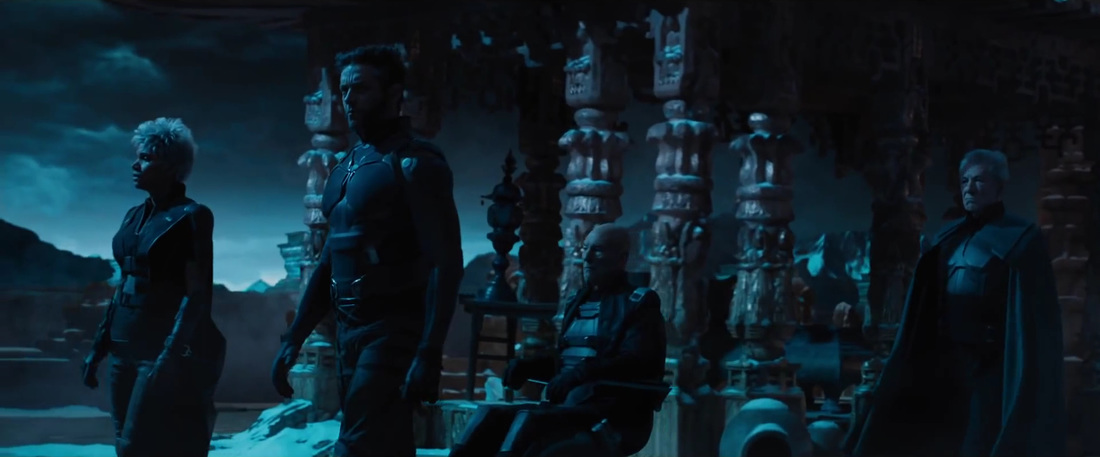
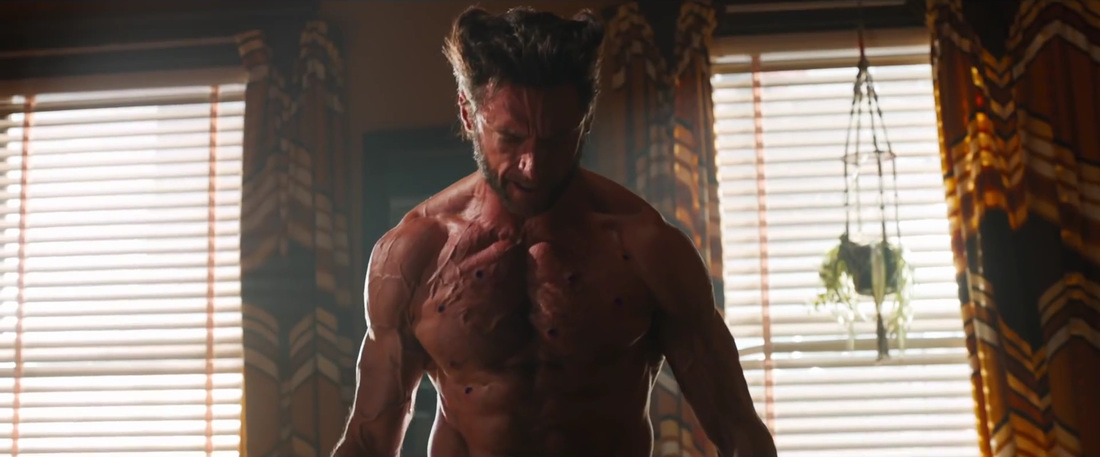
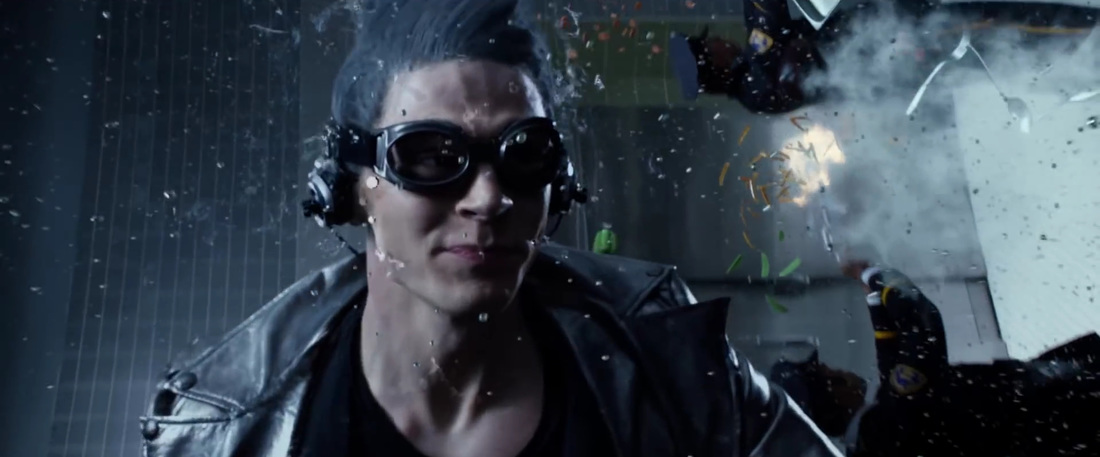
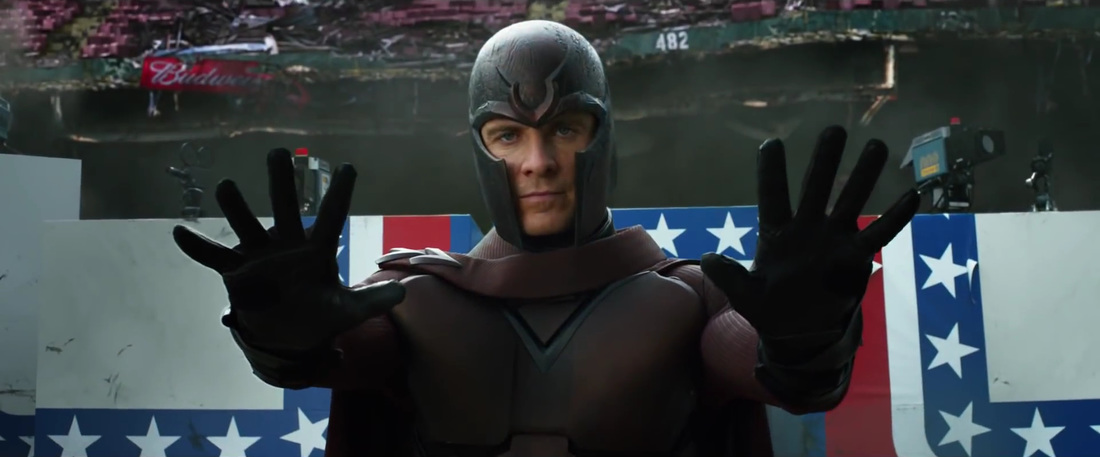
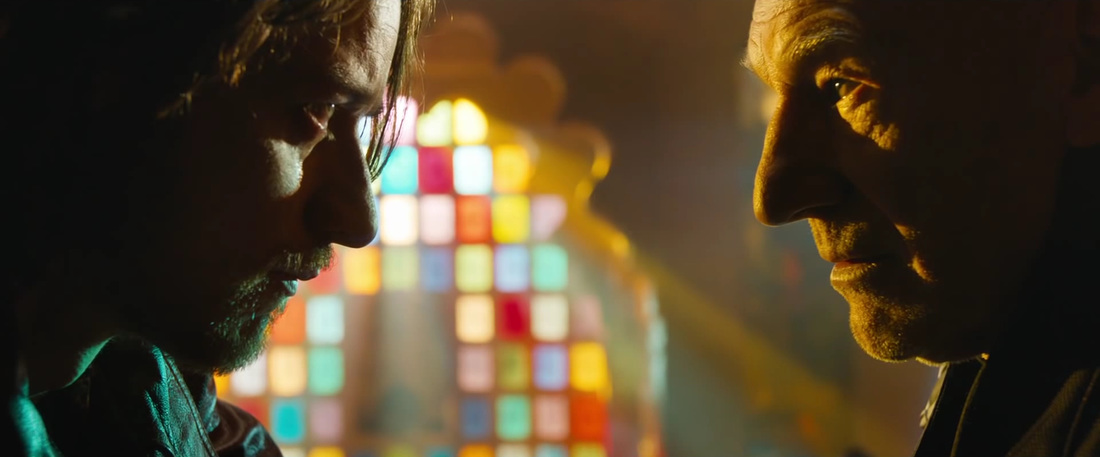

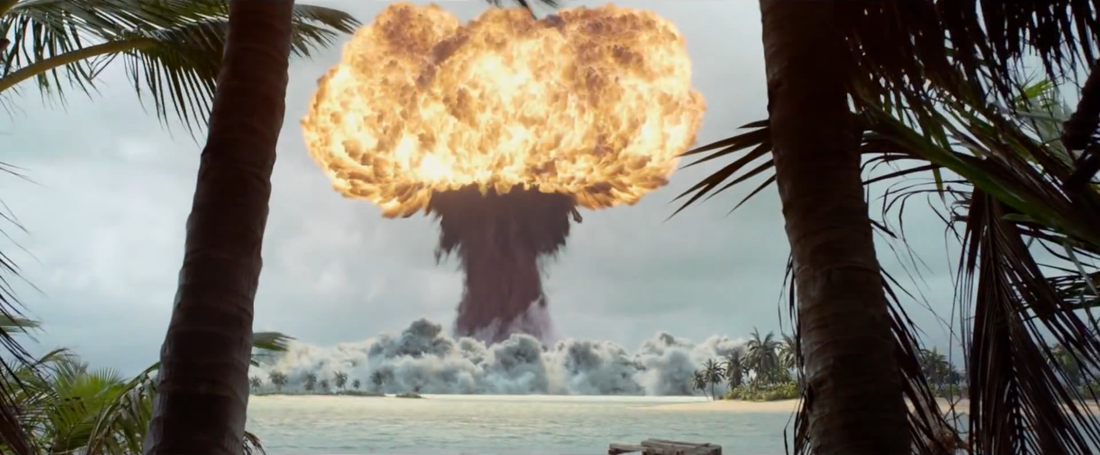
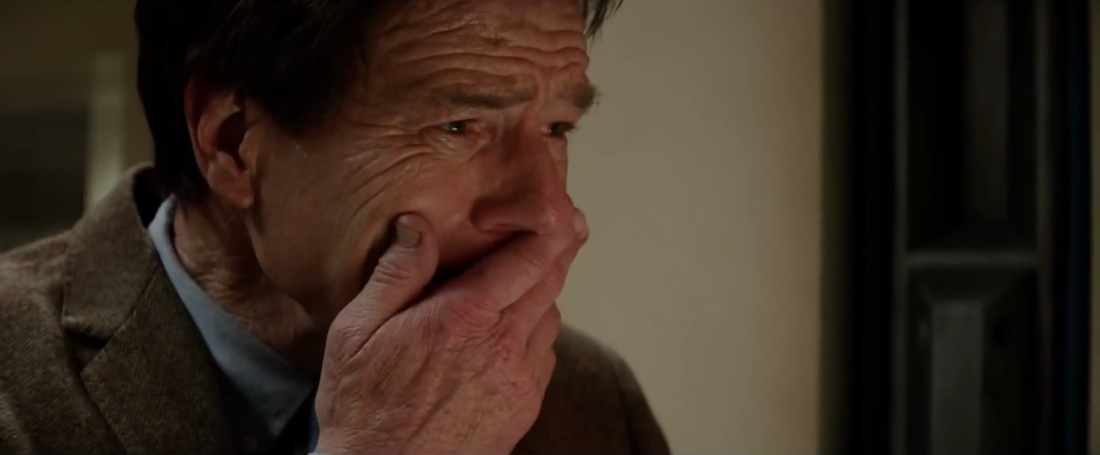
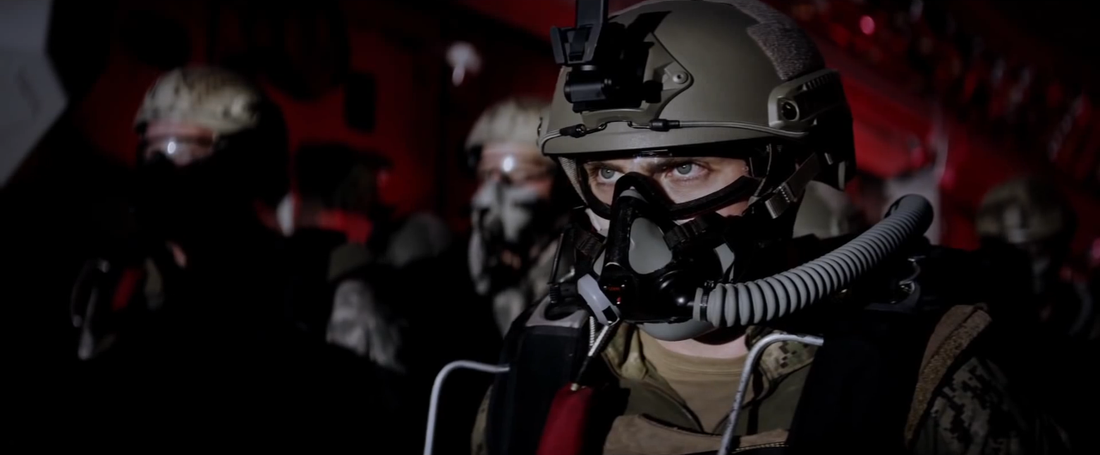
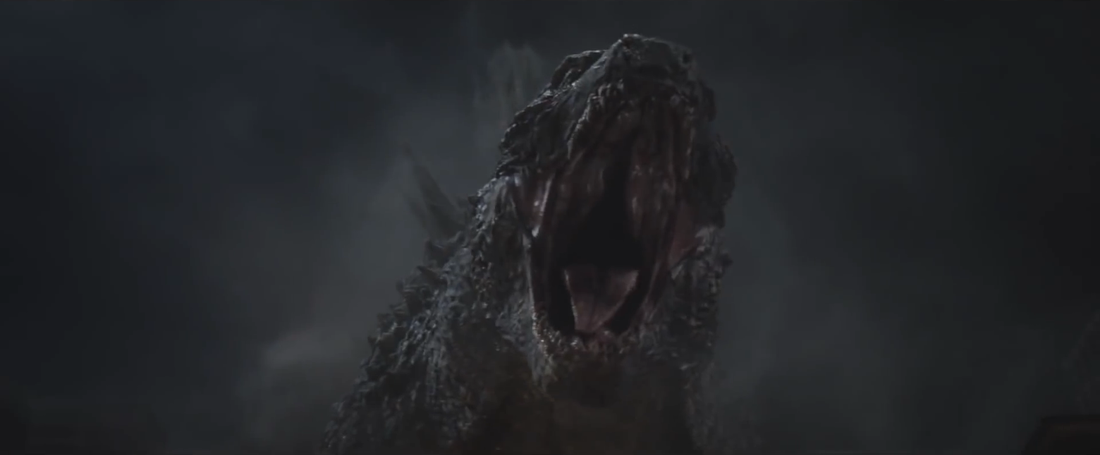
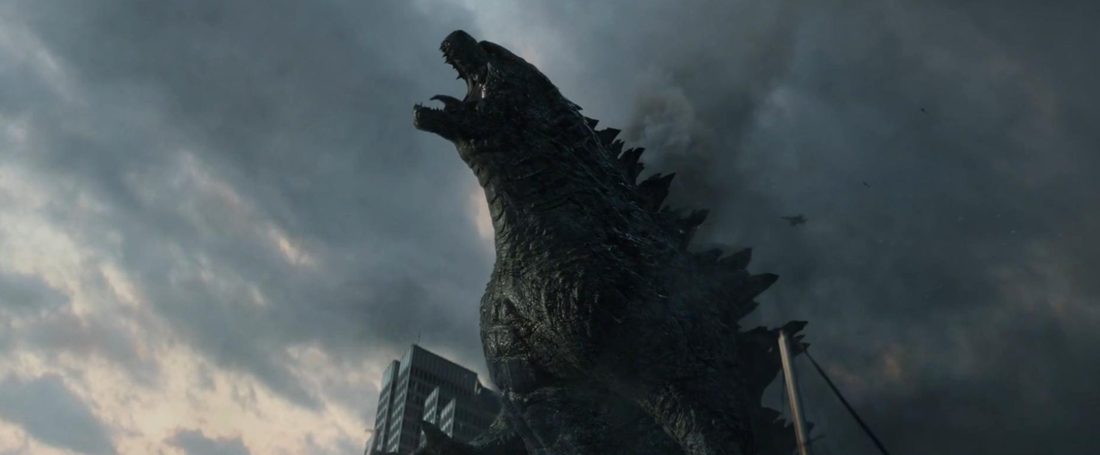

 RSS Feed
RSS Feed
